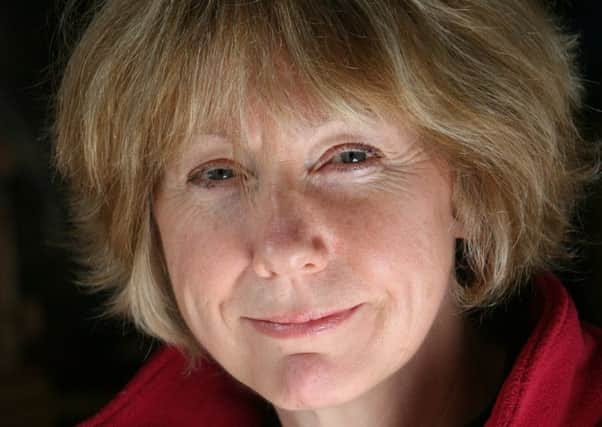Book review: The World I Fell Out Of, by Melanie Reid


The account of the year she spent in the Spinal Unit is gripping, even for the most squeamish who can’t bear even the thought of operations and medical procedures. It is full of what the papers call “human interest stories.” There is pain, frustration, and also humour; brilliant portraits of staff and fellow-patients. One is astonished by the work done and by the resilience of so many of the sufferers. Reading of life there puts one’s own problems in perspective. Reid learns the necessity of taking short views.
She writes beautifully and understandingly about the NHS. “At its most darkly comic, hospital life is a daily battle against the system, and our health service is as close to a benign communist state as it is possible to get in Britain, a flawed monolith, a magnificent, dysfunctional, revered, anachronistic, socially binding but bankrupt, life-saving institution.” We should remember her description of her experience in the care of the NHS whenever what she calls our “inner Daily Mail” surfaces. There’s an awful lot right about a country with a health service which devotes so much money, time and expertise to the most severely damaged, most of whom will never be whole again.
Advertisement
Hide AdAdvertisement
Hide AdOne of the hardest things once Reid’s recovery began was to accept the loss of independence, to accept that for the rest of her life she would have to rely on others. She was fortunate in her husband, Dave – all the more so, one may think, because he wasn’t by nature one of life’s carers, but nevertheless accepted his new role with not only determination but cheerfulness – and also to her son Dougie and a rich assortment of friends, not least the Staffordshire bull-terrier, Pip. But all the severely disabled have to develop humility, without which indebtedness to others may be intolerable.
Reid had had a lifelong love-affair with horses. She writes beautifully and understandingly about them – but without sentimentality. Never to be able to ride again was hard to accept, so hard indeed that she refused to accept it. Four years after the fall that had changed her life, she was, despite her condition, on horseback again, thanks to that remarkable organisation, Riding for the Disabled. And just as this was going well, she fell again, broke a hip and was back in hospital. Stupid? Doubtless. Selfish? Perhaps. Understandable? Absolutely – at least when you read her on horses. And at the end of the book you read of the friendship she formed with
the young Dressage rider, Jo Barry, who suffered a dreadful fall, was told she would never ride again, yet did so, and is back competing and even winning. “Our accidents,” Reid writes, “have had different outcomes, but hers is a remarkable triumph and mine… Well, mine is not a tragedy. I’ve finally worked that out.”
Actually, hers is a triumph too. Nobody reading this book can doubt that. It is horrifying, certainly, frightening in as much as it shows how we are all skating, as it were, on the thinnest of ice which may break at any moment, plunging us into the darkest and coldest of deep waters; but also encouraging because it is a testimony to the resilience of the human spirit – as well as to the care and expertise of our health service. It leaves me thinking of Stevenson’s friend , the crippled poet WE Henley (a model for Long John Silver) and his poem “Invictus” in which he declared he was “the Captain of my Soul” and thanked “whatever gods there be” for his “unconquerable will”. - Allan Massie
The World I Fell Out Of, by Melanie Reid, 4th Estate, 383pp, £16.99